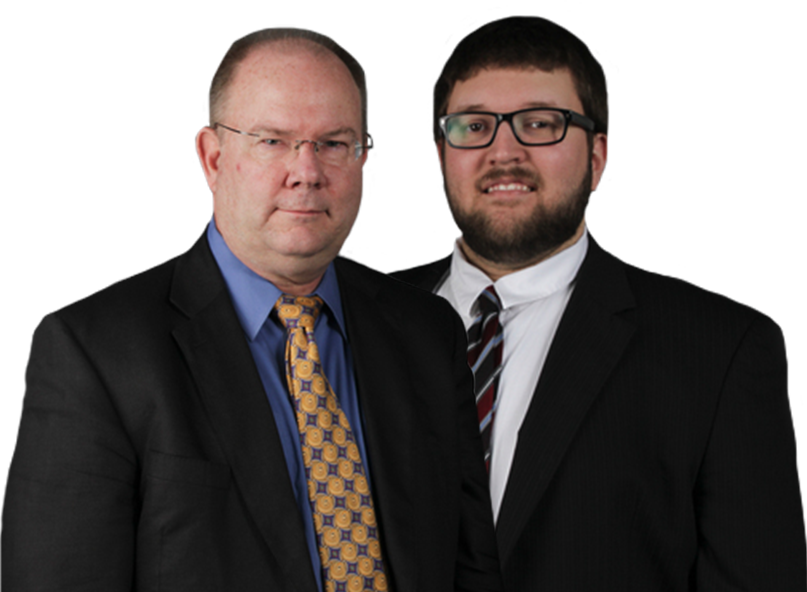Bankruptcy FAQs
Answering Common Bankruptcy Questions
Bankruptcy can be a confusing subject that many people feel uneasy about. While it can be difficult to know where to start, when someone does not have the right information about bankruptcy, they may miss out on an opportunity to control their finances and get the fresh start they deserve. Our team of attorneys here at Dezenberg & Smith wants to help you answer some early questions about bankruptcy.
What Is The Automatic Stay?
Upon filing bankruptcy, a court order immediately puts a halt to most debt collection actions against the individual. This court order is referred to as the automatic stay. While the automatic stay does not bar all forms of debt collection, such as some tax proceedings or child or spousal support actions, it allows individuals the chance for at least some temporary breathing room.
Can Bankruptcy Stop Wage Garnishment?
Filing bankruptcy can stop some forms of wage garnishment, but not all. Whether you are facing a lawsuit from a creditor or your wages are being garnished, the automatic stay can likely put a stop to this. However, bankruptcy does not stop wage garnishment for child support and other forms of debt that bankruptcy typically cannot discharge.
Can Bankruptcy Discharge My Student Loan Debt?
Student loan debt is a type of secured debt, and one that is typically very challenging to discharge through bankruptcy. While discharging your student loan debt may not be an option, bankruptcy can discharge other debts you may have, including credit card debt, medical debt and more. This can allow you more flexibility to make your loan payments on time.
My Car Is Going To Be Repossessed Or My House Is In Foreclosure. What Are My Options?
Bankruptcy is often viewed as a last resort, and you may have tried everything else to keep your car or home. Especially in situations where repossession or foreclosure is imminent, bankruptcy can provide much-needed protection through the automatic stay. Our attorneys can advise whether Chapter 7 bankruptcy or Chapter 13 bankruptcy may be right for you, as well as your options to keep your home or car in the long term.
Am I Eligible For Chapter 7 Bankruptcy?
While Chapter 7 bankruptcy is the most common type of consumer bankruptcy, not everyone is eligible. To determine eligibility, the government uses a “means test” to compare your income to the median family income in Alabama. If your income falls below the state median, you qualify for Chapter 7 – although in certain circumstances you may still qualify even if your income is above this threshold. For those who are not eligible for Chapter 7 bankruptcy, our attorneys can discuss whether Chapter 13 bankruptcy may be a better option for you.
Get More Answers From A Bankruptcy Attorney
If you need guidance in your question about bankruptcy, contact our office in Huntsville today. Call 256-533-5097 or email us here to take the first step in financial security with an experienced lawyer at your side.

